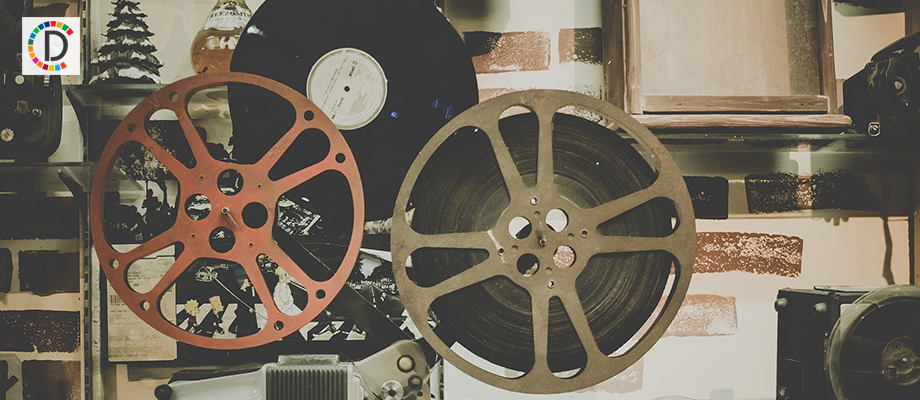Tragic that society believes old people are of less value: Tanuja Chandra

- Country:
- India
A life full of lived experience is of great value in what it can teach us, says Tanuja Chandra, who has made a documentary on her two aunts. In the documentary "Aunty Sudha, Aunty Radha", Tanuja captured how her two aunts, currently in their 80s and 90s, are spending their sunset years peacefully in a village in Uttar Pradesh.
"The film talks about death, illness, ageism, being alone but all these issues are spoken in a light manner. They are not going crazy and obsessive about it. These two women are taking things in stride. We all are going to face death someday," Tanuja told PTI in an interview here. The director said it bothers her that the world as well as cinema abandons people after they attain a certain age.
"Storytelling is largely geared towards the youth because that is supposed to be the target audience so everyone wants to please that demographic. But even in the world otherwise, the world is geared towards the youth. "It is tragic that society has come to believe that old people are of less value or they have nothing of value to contribute to society. I think it is the opposite. An old person has so much experience and how is that experience of no value? It is sad that this happens," she said.
Tanuja had been toying with the idea of making a film on her two aunts for a while. She said she ended up shooting the film in a week last year when she visited their place for the first time. "They were full of stories and humour. For me, it is always a personal reason to do a story. In this case, it was a personal relationship, which I got into a documentary."
The "Qarib Qarib Singlle" director said though she had a script for the documentary, she chose to go with the flow when the cameras started rolling. "When we started shooting, their daily movements made it interesting. I went there with ideas in my head but ultimately went with the flow of their lives.
"In a fiction film, you write a scene, the fact of the matter is people are acting. In documentary, it is all about capturing life, it is not choreographed. It is a beautiful medium, unfortunately, we do not respect it." Tanuja was clear she wanted to keep things real and therefore decided to shoot the film in the most natural way.
"They are in that age where they do not want to impress anyone, they did not care. They were sitting the way they wanted to, talked and laughed the way they wanted to. There was no fake moment. I was rather self-conscious. (But) They don't believe they are saying anything fascinating or wise, they are just being natural." She believes the new generation will be at a loss when the simplicity of life will fade away in the fast-paced, tech-savvy world.
"When we went there to shoot, we came back with a lot of learning. They grow their vegetables, cook and have fun. It is an organic, simple life, which in today's society is not going to be there. I wanted to archive that. "The younger generation will not have any idea about such kind of living, like living in a smaller town, interacting with people around, like genuine relations and staying without technology. They lead a simple life."
The film already toured several festivals like Madrid International Film Festival, Chicago South Asian Film Festival and Tasveer South Asian Film Festival. It will be screened at the upcoming MAMI festival. The director said though her aunts liked the project, they don't think their life merits a film.
"They don't think their life possibly deserves a film. When I told them the film has gone to several film festivals and is doing well, they responded saying, 'We are Amar (immortal) now'. But the fact is that they have contributed to my life the other way round." PTI KKP RB BK BK
(This story has not been edited by Devdiscourse staff and is auto-generated from a syndicated feed.)
- READ MORE ON:
- Uttar Pradesh
- target audience
- youth
- cameras
- generation
- town
- KKP
ALSO READ
HC Admonishes MCD for Delay in Installing CCTV Cameras on Bhishma Pitamah Marg
Opposition Asks Tough Questions to PM Modi on Agnipath, Alleges Youth Betrayal
Vote INDIA Bloc for Youth's Empowerment and a Brighter Future: Delhi Congress Leader
"Sushil Modi's demise personal loss; served as inspiration to youth": LJP chief Chirag Paswan
Delhi HC directs crime branch to probe youth's death in 4 months, DCP to supervise










